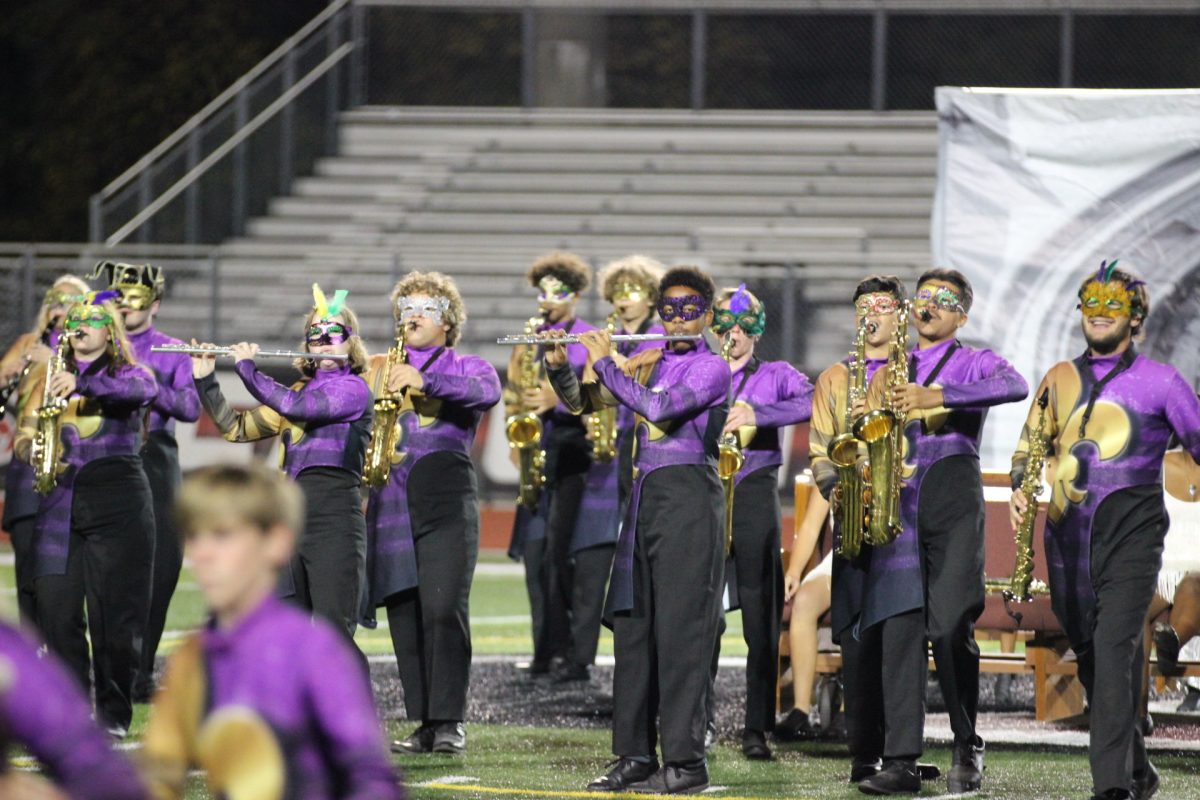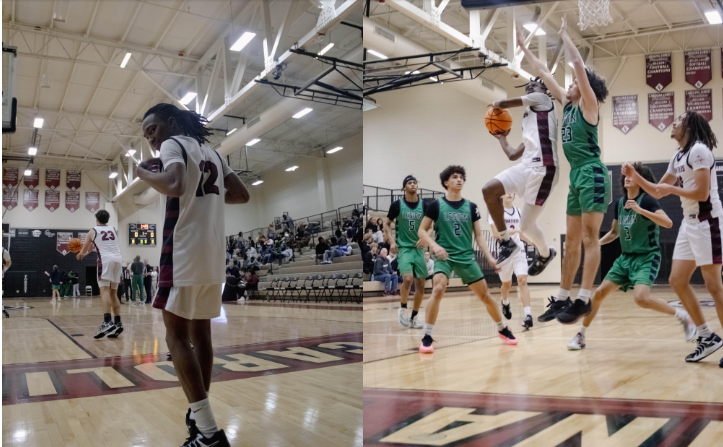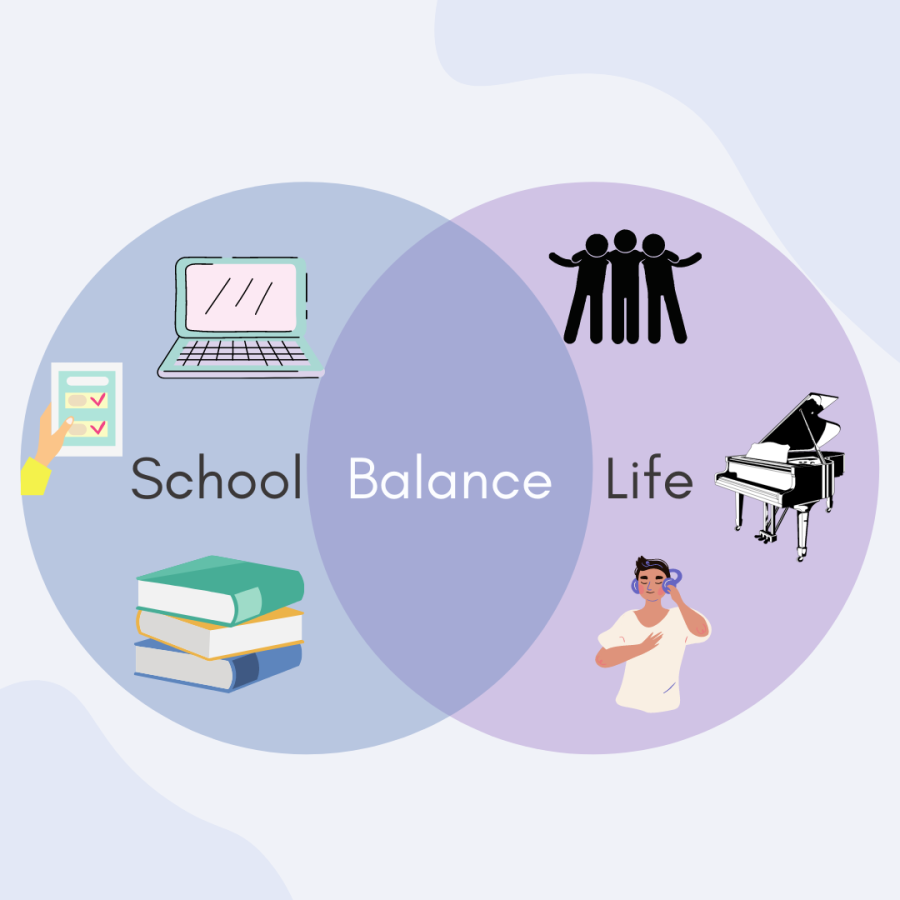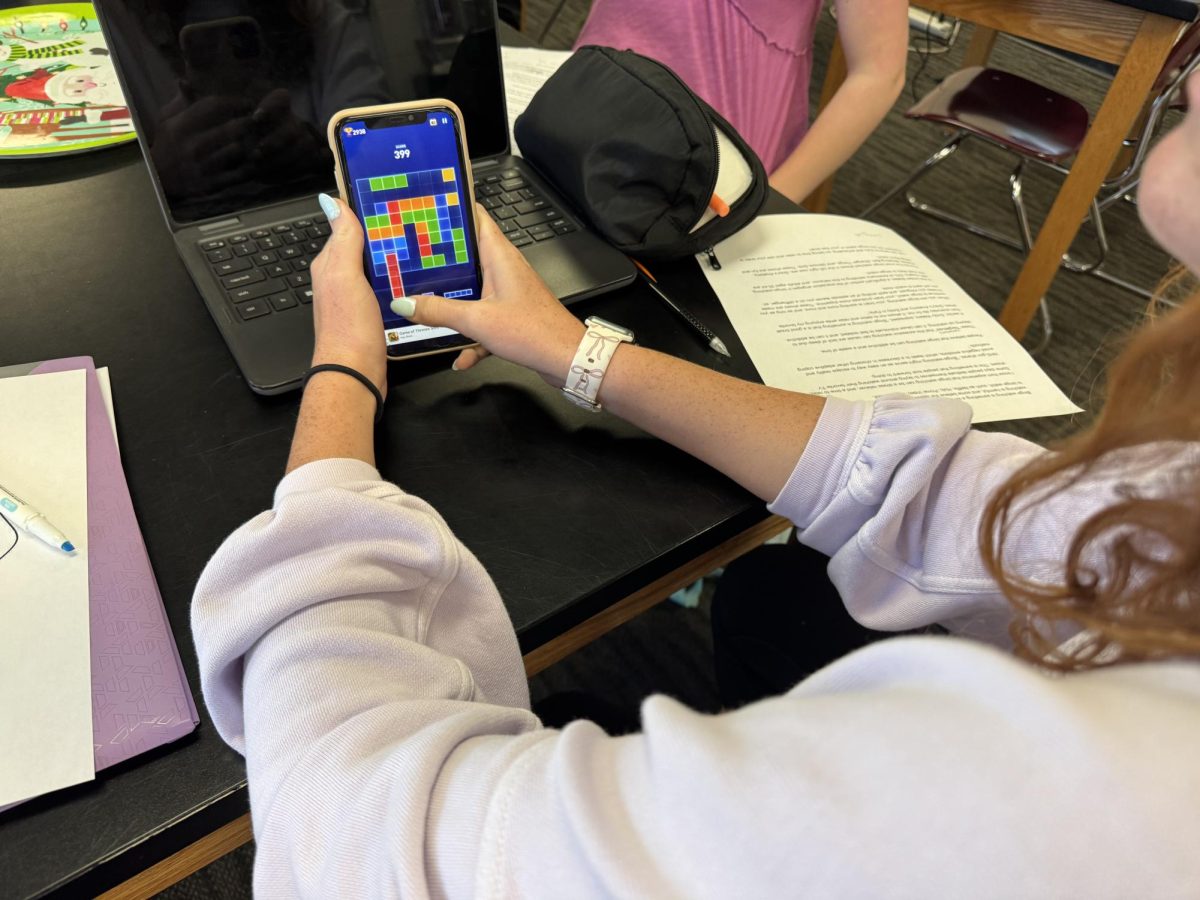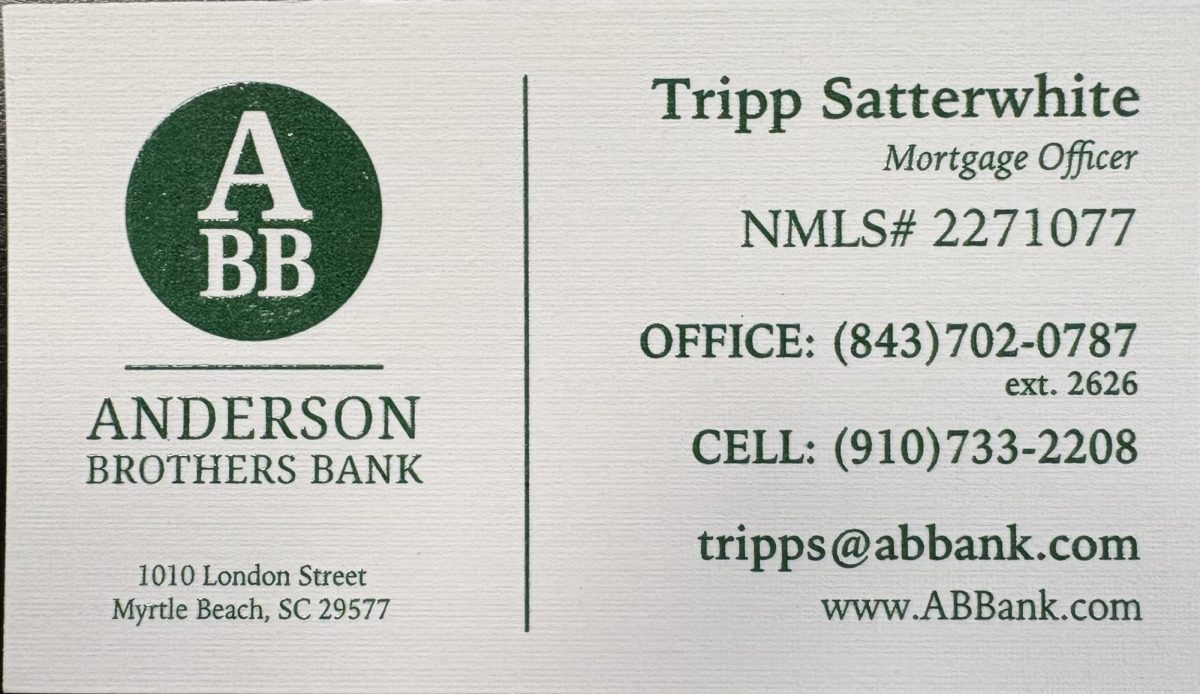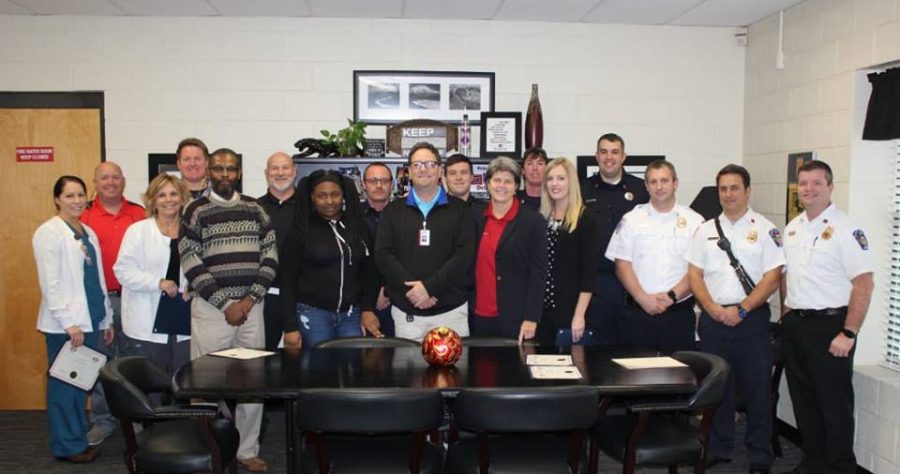It Takes Heart To Be A Hero
May 8, 2019
Earlier in the spring, Carolina Forest High School celebrated American Red Heart Association Awareness Week. Teachers and students did an outstanding job raising money, wearing red, and showing support by sharing personal stories. The total amount earned was $1,373.48, going to the American Heart Association. The second block classes that raised the most money and won a pizza party were Tracey Stroud’s with $87 and Jan Huck’s with $159.76.
Mr. Brunk, a teacher at Carolina Forest, experienced a heart attack in class on the morning of November 13. He answered a few questions about what happened that day.
“I don’t remember anything from that day other than the details that were filled in by others. The students reported that I was seated at my desk, and my head went back. I appeared as if I was sleeping. My body then fell out of my chair underneath the desk. My students reacted pretty quickly and realized something was seriously wrong,” stated Brunk.
Amira Stallworth, a junior, immediately ran down the hallway and notified assistant principal, Sandra McKnight. She notified the rest of the team, and they all went to action. First responders included all the school nurses, Carol Caroso and Holly Zincone. Many others were at the scene to help save Brunk’s life: Jen Gollie, Ronnie Burgess, Jimmy Bailey, Doug Soles, Kristen Altman, Tripp Satterwhite, Daniel Godfree, and Gaye Driggers. Brunk was revived through Cardiopulmonary Resuscitation (CPR) and the use of the Automated External Defibrillator (AED). The Horry County Fire and Rescue Department arrived on the scene within 14 minutes, and Brunk was taken to the Grand Strand Medical Center.
“Every 40 seconds, someone in the United States has a heart attack. Don’t be part of a statistic. Spread the word! Make lifestyle changes, eat a healthier diet, increase physical activity, quit smoking, and manage your stress. In the long run, it will improve your heart health and your quality of life,” commented Brunk.
Don’t wait to get help if you experience any heart attack signs. A heart attack occurs when the flow of blood to the heart is blocked. Most heart attacks start slowly with signs of pain and discomfort while others are intense and very sudden. The most common symptoms people face are discomfort in the chest and areas of the upper body, shortness of breath, nausea, lightheadedness, and breaking out in a cold sweat. There are a few precautions that can taken to eliminate risk factors and chances of having a heart attack: control your blood pressure, stay on a healthy diet, exercise regularly, limit alcohol, don’t smoke, and manage stress.
When someone is having a heart attack, call 911 or your local emergency number, chew and swallow aspirin, and begin CPR if the person becomes unconscious.
Citation: “Warning Signs of a Heart Attack.” About Heart Attacks, www.heart.org/en/health-topics/heart-attack/warning-signs-of-a-heart-attack.




